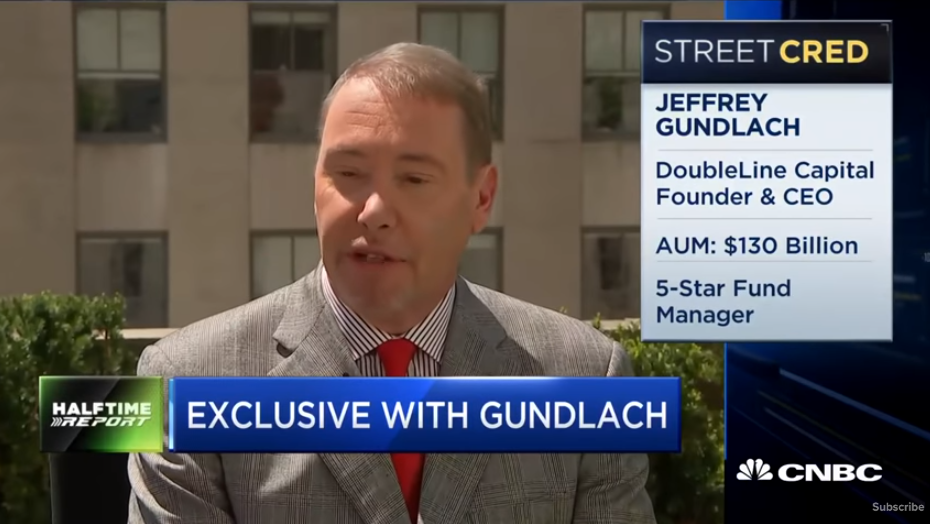DoubleLine Capital CEO and fund manager Jeffrey Gundlach is well-known for following his instincts, and his instincts are telling him that American corporate debt is one of the single biggest problems facing the stock market, and the biggest systemic risk facing the U.S. economy.
“I think the next recession won’t be anything like the housing crisis. I think it’ll be a corporate debt problem and an interest rate manipulation solution.”
“I think the next recession won’t be anything like the housing crisis. I think it’ll be a corporate debt problem and an interest rate manipulation solution,” Gundlach said in a recent Fox Business interview. “I think given the fact that last year the national debt grew by over 6% of GDP while nominal GDP grew by 5%, it suggests that the entire economic growth of 2018 was an increase in national debt, that it was debt-based.
“So in the next recession, you would probably see an enormous increase in the national debt, perhaps as high as 10% of GDP, which would, under natural market forces, lead to higher long-term interest rates, exacerbating the recession.”
Gundlach then said the U.S. Federal Reserve will be forced to artificially lower interest rates to shield the economy from that debt, much like what’s happened in Europe, where historically low rates (and even negative rates in some cases) have allowed companies to get fat and too happy on cheap debt.
“Look at what’s happening in Europe — they’re talking about going more negative, more negative interest rates — and yet we have a system of corporate finance where there’s many fragile companies that should be gone. But they’re being kept going as zombie companies because of the interest rate situation that we’re in … . So yes, I was very concerned about the housing market in late 2006, but I’m much more worried today about the corporate bond market than I am about things like housing in the financial system.”
Noting the high levels of cash being held by investors, Gundlach said you shouldn’t expect them to save a sagging market, a market he thinks has already entered bear territory.
“There’s always massive amounts of cash on the sidelines. The last refuge of perma-bulls is always ‘well there’s all of this cash waiting to pounce into the market.’ There was a lot of cash on the sidelines in 2000 too, and there was a lot of cash on the sidelines in 2007,” Gundlach said. “So I don’t think that people hold cash waiting to go into a rising stock market, I think they hold cash for a variety of other reasons. I’ve never found that to be a convincing argument.
“And by the way, the stock market is in a bear market — it dropped over 20% in the fourth quarter, the New York Stock Exchange Composite is well off its highs and the global stock market is so far from its peak that it’s really an anomaly that the United States is hovering near its highs.”
